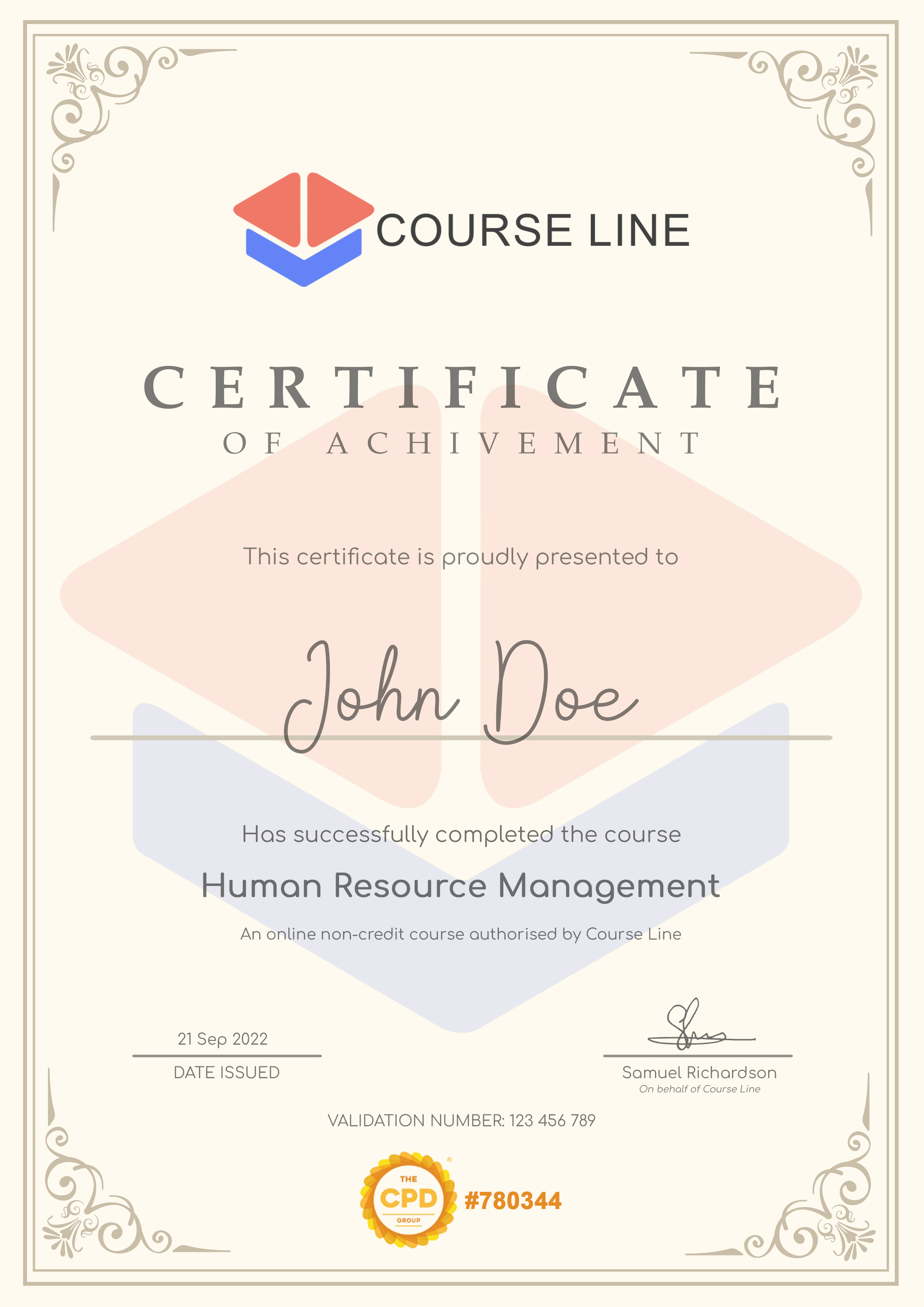- Duration / Course length: Upto 2 Hours Start now
- Accredited by: CPD Group
- Certificates:
- Course delivery: This course is delivered in video format
Course details
Our PAT - Portable Appliance Testing Training Course is designed by qualified professionals to familiarise you with checking technical appliances and teach you how to evaluate and minimise risk, conduct inspections, and comprehend the safety procedures that should be followed when utilising portable appliances at work.The learner will gain a basic understanding of PAT - Portable Appliance Testing, the legislation regarding portable appliances, risk assessment in the workplace and techniques for doing it, and risk occurrence in our PAT - Portable Appliance Testing Training Course.
In plus, lowering and regulating the risk of portable appliances, learning emergency procedures, and testing appliances for fire safety.
Special Offer
- PAT : Learner will get Free Certificate
- PAT : No Extra fees
- PAT : Lifetime Course Access
- Developed by Qualified Professionals With Updated Materials
- 24/7 Learning Support and Assistance
- Course completion free PDF certificate
- High-quality E-learning Study Materials
- No Hidden Fees or Exam Charges
- Access the Course Anywhere in the World
- Self Paced Learning and Laptop, Tablet, Smartphone Friendly
Course Curriculum of PAT
PAT Testing - Module 01: A Brief of Portable Electrical Appliances (PAT)
- What Is A Portable Electrical Appliance PAT?
- Risk related to electrical devices
- Knowing the risk of Shock
- Electric shock
- Electrocution effects
- What is Risk Assessment?
- The Legislation in the UK- An overview
- The Health and Safety at Work Act 1974 (HSWA)
- The Electricity at Work Regulations 1989 (EWR)
- The Provision and Use of Work Equipment Regulations 1998
- The Provision and Use of Work Equipment Regulations 1998
- The Management of Health and Safety at Work Act Regulations 1999
- Responsible person for PAT testing
- Duty Holders
- Frequency of Testing the Appliances
- Principles for the Frequency of Testing
- The Long-Term Safety of Appliances
- What is Risk Assessment?
- Factors to be considered in risk Assessment
- Steps of Risk Assessment
- Step one: Identification of the Hazards
- Step two: Determining who might get harmed and how
- Step three: Risk Evaluation
- Step Four: Recording the Findings
- Step Five: Implementing the Necessary Controls
- Risk Assessment during PAT
- The Hierarchy of Control
- Common Drawbacks Regarding Risk Assessments
- Risk Assessments - Key Considerations
- Competent Person
- Obligations of employees during risk assessments
- The Reporting of Injuries, Diseases and Dangerous Occurrences Regulations 2013 (RIDDOR)
- Issues to consider when planning PATs
- The Code of Practice for In-Service Equipment Inspection and Monitoring
- Malfunctioning of electrical equipment
- Equipment Inspection
- Pre-use checks or Checks prior to use
- Visual inspection or Visual checks
- Common Things to Look for During a Visual Inspection
- Reducing Risks: Fire Safety
- What can be done to ensure fire safety?
- Performing the Fire Safety Risk Assessment
- Listing performance of fire safety risk assessment
- Emergency Procedures
- What Should Be Included in an Emergency Procedure?
- PAT: Who should carry out the tests?
- PAT: Assessing Tester's Competence
- PAT: Types of Equipment and Tests
- PAT: The different Equipment Classes
- PAT: Earth Leakage Test?
- PAT: Executing an Earth Leakage Test
- PAT: The touch current test
- PAT: Differential Leakage Test
- PAT: Substitute Earth Leakage
- PAT: Selecting the Correct Tests
- PAT: IEC Leads and Extension Leads
- PAT: PAT Testers without a Two-Stage Power Lead Test
- PAT Testing Mains Extension Leads
- PAT: The IEC lead Tester
- PAT: Things to consider
- PAT: The Different Forms of Electronic Testing Equipment
- PAT: Testing Class I and Class II Equipment with Meters
- PAT: Techniques of Protecting Against Electric Shock
- PAT: Test Stickers and Records
By the successful completion of the PAT course, the learner will instantly receive an E-Certificate, which is free of cost. In addition, our courses provide you with up-to-date industry knowledge and skills, aiming to make you an expert in the field.
Updated on 06 February, 2023
Eligibility / Requirements
There is no special requirements, anyone can take this PAT course all you need is a smart device (smart phone, tablet, laptop or computer) with internet connection so that you can access the course from anywhere in the world.
Job roles this course is suitable for:
Senior PAT Scientist , PAT Tester , PAT and Labs Engineer , pat , Portables Technician , Portable Appliance Testing (PAT)About Course Line
With Course Line, you have access to the best courses - all with one consistent interface.
Course Line is affordable and flexible. We offer an extensive library of courses with over 300 hours of video lectures, online exams, test areas, as well as traditional handouts. It's never too late to learn something new with Course Line
Our courses are designed with busy professionals in mind - they are self-paced, start at any time of the year, and can be completed in as little as 3 months.
Courses that fit in your life with Course Line. We offer a variety of learning materials including video and audio lectures, online exams, test areas, as well as traditional handouts - you can choose what works best for you.



